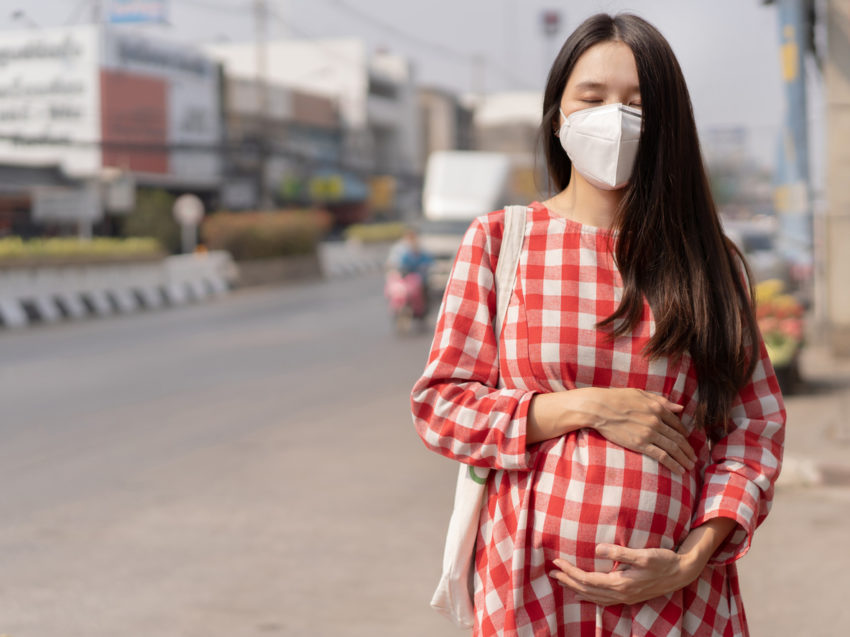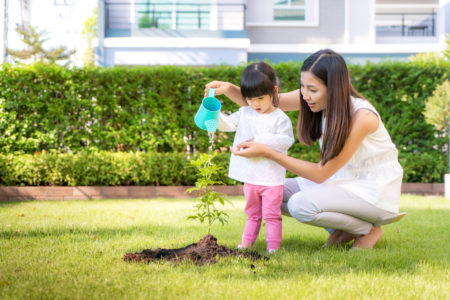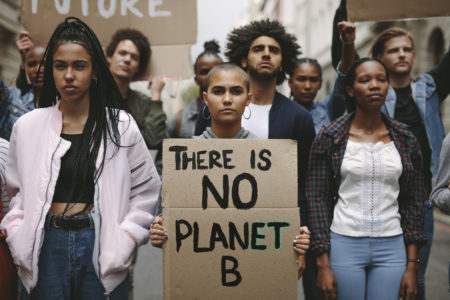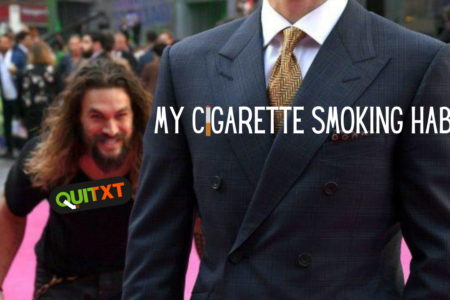
Share On Social!
Climate change is wreaking havoc on communities across the US. The health impacts are already felt among Latinos and other people of color.
That’s why a group of researchers started an exciting project: Science Moms.
This “nonpartisan group of climate scientists and mothers,” including several Latinas, are working to connect with other women in hopes of creating a grassroots movement to address climate change for future generations.
“We founded Science Moms to help mothers who are concerned about their children’s planet but aren’t confident in their knowledge about climate change or how they can help,” Science Moms state on their website. “Together, we aim to demystify climate science and motivate urgent action to protect our children’s futures.”
Women Step Up for Climate Science
Founded in January 2021, Science Moms are making waves among climate advocates and those who want to make a difference.
Moreover, their work is fueled by years of dedication and research.
“As scientists, we have collectively spent decades studying our earth and what human activity is doing to it,” the group states. “We are steeped in this reality every day and know that to solve this problem; it will take all of us moms joining forces. Moms, united, can give our children the safe and prosperous future they deserve.”
The Science Moms use that knowledge to make climate change easier to understand and more accessible for all to take action.
They are focusing on immediately connecting with women concerned about the future of the planet that their children will inherit, according to Katharine Hayhoe. Hayhoe is mother to a 13-year-old son, Gavin, a climate change researcher at Texas Tech University, and one of the founders of Science Moms.
“I think it’s so important to have moms talking to moms because we understand there is no time to waste with things that don’t really make a difference,” she told People. “We have to cut to the chase.”
Science Moms─which includes Latina researchers Dr. Rosimar Rios-Berrios of the National Center for Atmospheric Research and Dr. Claudia Benitez-Nelson of the University of South Carolina─provide mothers with numerous resources that aim to inform and engage women throughout the country.
This includes several informational videos that break down the issues surrounding climate change, such as why everyone should trust the experts, the immediate impacts of the emergency, and why it is essential to take action now.
They also provide a list of resources, including books and other helpful videos.
Moreover, Science Moms host various actions so mothers and other people can address important climate change issues.
Climate Change and Its Impacts on Latinos
Global warming is making life harder for Latinos and other communities of color.
Given current and historical emissions levels, Americans, specifically, are looking down the barrel of a hot, uncomfortable future.
Cities across the US will experience harsher extreme-weather events, see increases in daily temperatures, and some might no longer be inhabitable.
Worse, this crisis will have significantly worse repercussions on underserved groups, including Latinos. These populations will have a more challenging time dealing with future consequences, but they are already enduring its current impacts.
It’s leading to Latinos standing up for climate change action, according to Ben Monterroso, a board chair of the national non-profit, Corazón Latino. 
“Latinos are demanding healthier communities,” he writes in a recent USA Today op-ed. “They recognize that dirty power plants are a major source of air, water, and climate pollution and are often located in their communities. They see investing in clean energy as well as electric trucks and buses as a means of building economic security for their families and neighbors while also making their communities cleaner and healthier.”
Experts and researchers say recent extreme weather events—such as the massive snowstorm that caused rolling blackouts throughout Texas last year—is only one part of the broader climate crisis problem.
Climate change could lead to nearly 300 cities becoming uninhabitable.
Some of America’s most significant cities face the highest risks, as most are near a coast. These urban hubs contain large populations, capital assets, and ports that influence the national economy.
What You Can Do About Climate Change
Advocates say speaking up for climate change action and policy change is desperately needed.
Our team at Salud America! uplifts opportunities to get involved, including speaking up for climate science.
“The strong support for the environment and climate action among Latinos continues a trend that has been building for years,” Monterroso writes in a recent USA Today op-ed. “Our elected officials should remember that political reality. And just in case they don’t, we will be there to remind them that we can protect our environment and power up the economy simultaneously.”
You can share crucial environmental information with your local leaders, too.
If you’d like to continue making a difference in your community’s sustainability practices, you can download a Salud America! Health Equity Report Card.
The report card will show you how you will see how your county is doing on various health-related conditions compared to the rest of your state and nation. The data will show how your area stacks up in education, as well as housing, transportation, poverty, healthcare, mental health, environmental issues, and access to healthy food and active spaces.
Email your Health Equity Report Card to community leaders. Share it on social media, and use it to make the case to for health equity where it is needed most!
By The Numbers
24
percent
of Mexican American-nonsmokers are exposed to secondhand smoke



